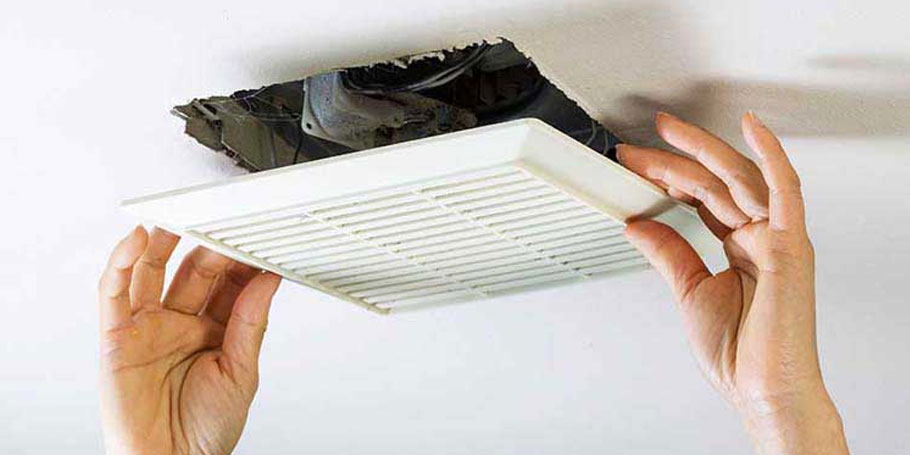Welcome to our comprehensive guide on the importance of maintaining optimal humidity levels in your home. Whether you’re battling dry air in the winter or excessive humidity in the summer, finding the right balance is crucial for your health and comfort. In this blog, we’ll explore the impact of humidity on your home and well-being, and provide practical tips to help you achieve the perfect indoor environment.
Understanding Humidity: Humidity refers to the amount of moisture present in the air. It plays a significant role in our daily lives, influencing everything from our comfort to the condition of our homes. The ideal indoor humidity level typically falls between 30% and 50%. Levels lower than this can lead to dry skin, respiratory issues, and damage to wooden furniture and flooring. On the other hand, excess humidity promotes mold growth, dust mites, and can cause structural damage to your home.
Effects of Low Humidity: During the winter months, indoor humidity tends to drop as cold air holds less moisture. Low humidity levels can result in several discomforts and health issues, including:
- Dry skin and irritation
- Chapped lips and dry throat
- Increased susceptibility to respiratory infections
- Cracked wooden furniture and flooring To combat these issues, consider using a humidifier to add moisture to the air and maintain optimal humidity levels.
Dealing with High Humidity: In the summertime or in humid climates, excess moisture in the air can create a host of problems:
- Mold and mildew growth
- Musty odors
- Allergens like dust mites thrive
- Structural damage to your home, such as rotting wood and peeling paint To tackle high humidity, ensure proper ventilation in your home by using exhaust fans in bathrooms and kitchens, and consider using a dehumidifier to remove excess moisture from the air.
Tips for Maintaining Optimal Humidity:
- Invest in a hygrometer to monitor humidity levels in your home regularly.
- Use a humidifier in the winter to add moisture to the air, especially in bedrooms and living areas.
- Ventilate your home by opening windows and using exhaust fans to reduce humidity levels, especially during activities like cooking and showering.
- Repair any leaks or water damage promptly to prevent mold growth and structural issues.
- Consider using moisture-absorbing materials like silica gel packs in closets and cabinets to prevent mold and mildew.
- Keep indoor plants, as they naturally help regulate humidity levels.
- Maintain a consistent temperature in your home, as warmer air can hold more moisture than cooler air.
Conclusion: Maintaining proper humidity levels in your home is essential for your health, comfort, and the longevity of your property. By understanding the effects of humidity and implementing the tips outlined in this guide, you can create a healthier and more comfortable indoor environment for you and your family all year round.

